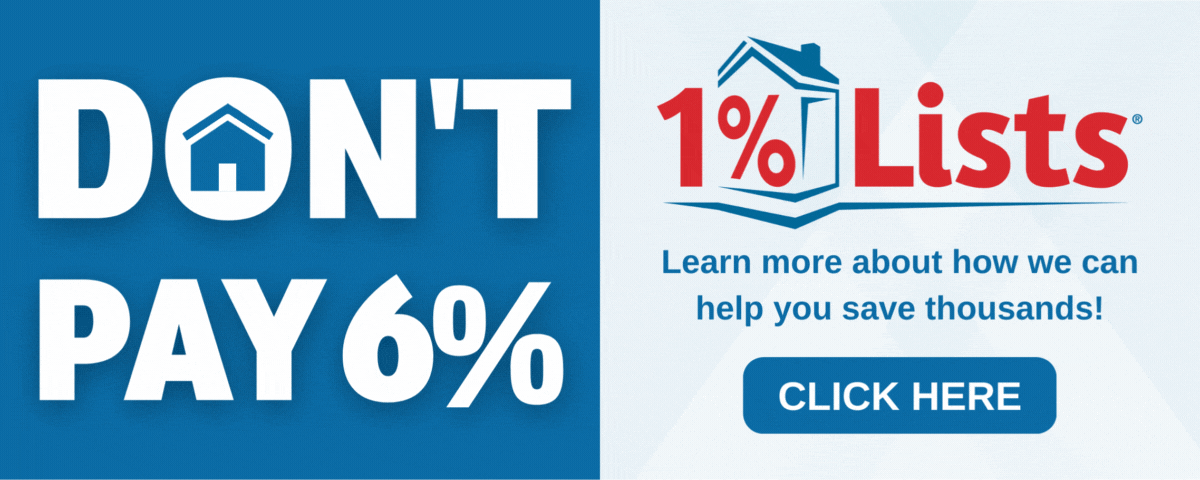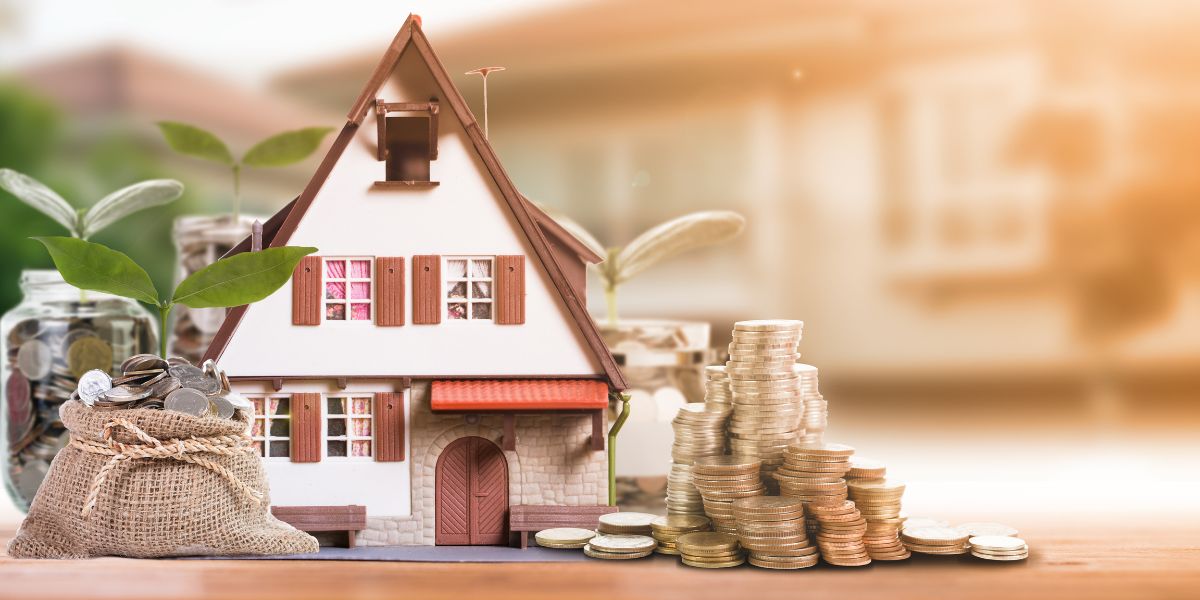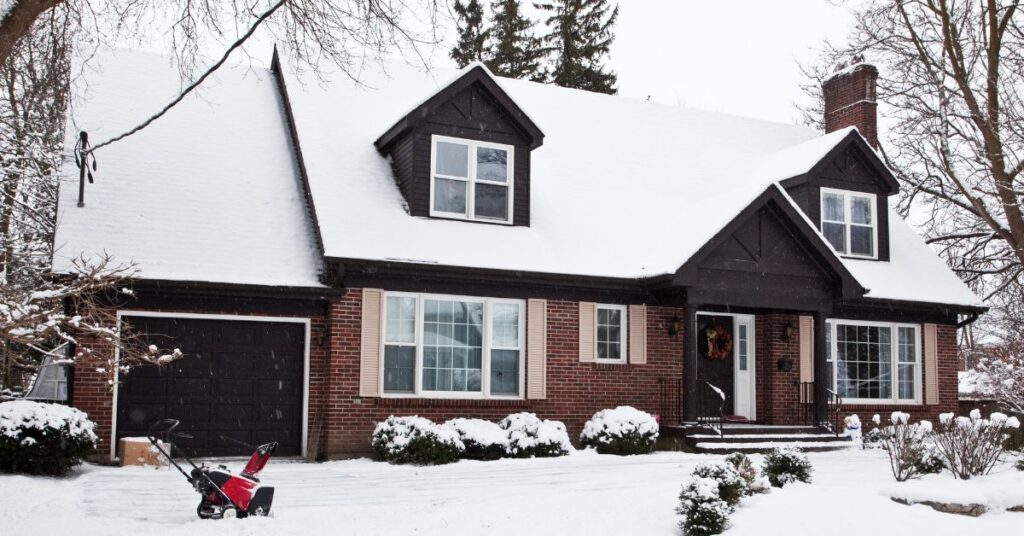Selling your home can be an exciting yet complex process. Among the many considerations, understanding the potential tax implications is crucial. One of the key questions that often arises is whether you have to pay capital gains tax when you sell your home. In this blog, we’ll delve into the details of capital gains tax, exemptions, and ways to minimize your tax liability.
What is capital gains tax?
Capital gains tax is a tax on the profit made from the sale of an asset. When you sell your home for more than what you paid for it, the profit you make is considered a capital gain and may be subject to taxation. Understanding how this tax works is essential for anyone thinking about selling their property.
Primary residence exemption
Fortunately, the IRS provides a primary residence exemption that can significantly reduce or even eliminate your capital gains tax liability when selling your home. To qualify for this exemption, you must meet certain criteria:
- Ownership Test: You must have owned the home for at least two out of the last five years before the sale.
- Use Test: The home must have been your primary residence for at least two out of the last five years before the sale.
If you meet both tests, you can exclude up to $250,000 of capital gains if you are a single filer, and up to $500,000 if you are married and filing jointly. This exemption can provide substantial tax relief for many homeowners.
Example: Suppose you purchased your home for $300,000 and sold it for $550,000. If you are single, the $250,000 gain would be fully exempt from capital gains tax. If you are married and filing jointly, the $250,000 gain is also fully exempt, and you won’t owe any capital gains tax on the sale.

Calculating capital gains on home sale
To determine whether you owe capital gains tax, you need to calculate your capital gain. Here’s how:
- Initial Purchase Price: The price you originally paid for the home.
- Adjustments: Add the cost of any significant improvements you made to the home, such as a new roof or an added room. Also, subtract any selling costs, like real estate agent commissions and closing costs.
- Final Sale Price: The price at which you sold the home.
Example Calculation:
- Initial Purchase Price: $300,000
- Home Improvements: $50,000
- Selling Costs: $20,000
- Final Sale Price: $550,000
Adjusted Basis: $300,000 + $50,000 – $20,000 = $330,000
Capital Gain: $550,000 – $330,000 = $220,000
In this example, the $220,000 gain falls within the $250,000 exclusion limit for single filers, so no capital gains tax would be owed.
Exclusion limits
As mentioned earlier, the IRS allows homeowners to exclude a significant amount of their capital gains from taxation:
- $250,000 for single filers
- $500,000 for married couples filing jointly
These exclusion limits can provide considerable tax savings. However, it’s important to note that you can only claim this exclusion once every two years.
Example: If you are married and sell your home for a $600,000 profit, you can exclude $500,000 from taxation. The remaining $100,000 would be subject to capital gains tax.
Special circumstances
There are special circumstances where exceptions might apply, even if you don’t meet the ownership or use tests:
- Job Relocation: If you had to sell your home due to a job relocation, you might qualify for a partial exclusion.
- Health Issues: Selling your home due to health issues may also allow for a partial exclusion.
- Unforeseen Circumstances: Events such as natural disasters or other unforeseen circumstances might also qualify you for a partial exclusion.
In these cases, the IRS provides guidelines on how to calculate the partial exclusion, which can still offer significant tax relief.

Selling a second home or investment property
The tax treatment for selling a second home or an investment property differs from that of a primary residence. The primary residence exemption does not apply, meaning any profit made from the sale of these properties is generally subject to capital gains tax.
- Second Home: If you own a second home, such as a vacation property, and you sell it, the profit is subject to capital gains tax. However, if you lived in the home as your primary residence for at least two of the five years before selling, you might still qualify for the primary residence exemption.
- Investment Property: When selling an investment property, such as a rental property, all profits are taxable. You can use strategies like a 1031 exchange to defer paying capital gains tax, which allows you to reinvest the proceeds from the sale into another similar property.
Reporting and paying capital gains tax
When you sell your home and realize a capital gain, you must report the transaction to the IRS. Here’s an overview of the process:
- Form 8949: You will need to fill out IRS Form 8949, Sales and Other Dispositions of Capital Assets. This form requires details about the sale, including the purchase price, sale price, and any adjustments.
- Schedule D (Form 1040): The information from Form 8949 is then transferred to Schedule D, which is used to report overall capital gains and losses.
- Tax Filing: Include these forms with your annual tax return. If your capital gains exceed the exclusion limits, the taxable portion will be subject to your regular income tax rate, plus an additional 3.8% net investment income tax if your income is above certain thresholds.
Strategies to minimize capital gains tax
There are several strategies you can employ to minimize or defer your capital gains tax liability:
- Timing the Sale: Consider the timing of your sale to maximize your exemption. If you are close to meeting the two-year use test, it might be beneficial to wait until you qualify for the full primary residence exemption.
- 1031 Exchange: For investment properties, a 1031 exchange allows you to defer paying capital gains tax by reinvesting the proceeds from the sale into a similar property. This strategy is useful for real estate investors looking to continue growing their portfolios.
- Home Improvements: Keep detailed records of any improvements made to the home. These costs can increase your adjusted basis, reducing your overall capital gain.
- Selling Costs: Don’t forget to deduct selling costs, such as real estate agent commissions, closing costs, and legal fees, from your capital gain. These costs can significantly reduce your taxable profit.
Consulting with a tax professional
Navigating the complexities of capital gains tax can be challenging. It’s always a good idea to consult with a tax professional who can provide personalized advice based on your specific situation. A tax advisor can help you understand the nuances of the tax code, identify strategies to minimize your tax liability, and ensure that you comply with all reporting requirements.
Conclusion
Selling your home involves more than just finding a buyer and closing the deal. Understanding the potential capital gains tax implications is crucial to avoid unexpected tax bills. By knowing the primary residence exemption rules, how to calculate your capital gains, and the strategies to minimize your tax liability, you can make informed decisions and maximize your profits from the sale.
Remember, every situation is unique, and the guidance of a tax professional can be invaluable in navigating the complexities of capital gains tax. If you’re considering selling your home, take the time to explore your options and plan ahead to ensure a smooth and financially advantageous transaction.
Capital gains FAQs
Q: Do I have to pay capital gains tax if I sell my home for less than I bought it?
A: No, if you sell your home for less than you bought it, you do not have a capital gain and therefore do not owe capital gains tax.
Q: How often can I claim the primary residence exemption?
A: You can claim the primary residence exemption once every two years, provided you meet the ownership and use tests.
Q: Can I exclude capital gains on the sale of a second home?
A: Generally, no. The primary residence exemption applies only to your main home. However, if you have lived in the second home as your primary residence for at least two of the five years before the sale, you might qualify for the exclusion.





